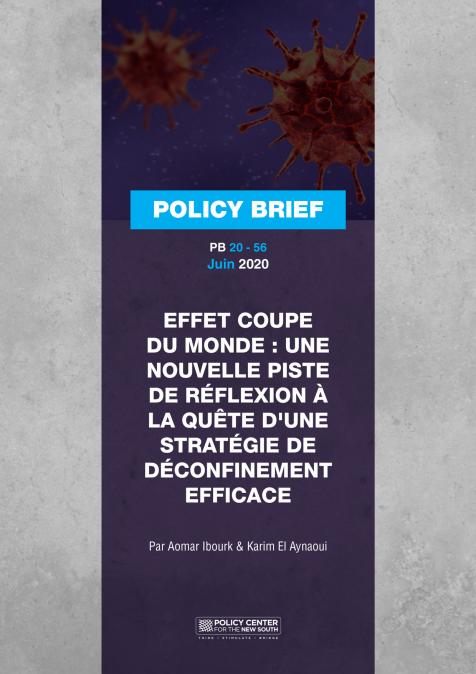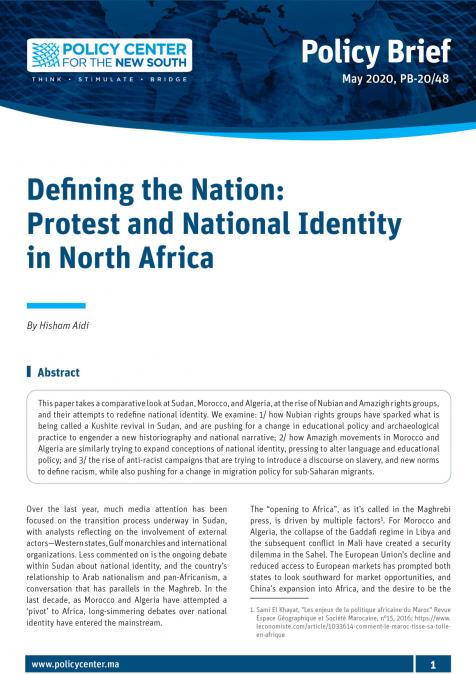يشكل المشروع الخاص بتعميم التغطية الاجتماعية ثورة اجتماعية حقيقية ونقطة تحول في مسار الإصلاح الشامل للحماية الاجتماعية في المملكة المغربية كمشروع مجتمعي غير مسبوق داخل أجل أقصاه خمس سنوات لتجاوز عوائق نظام الحماية الاجتماعية الحالي الذي يتسم بتعدد البرامج وتنوع الفاعلين وعدم وجود نظام استهداف موحد. على الرغم من الجهود المبذولة في السنوات الأخيرة، يواصل المواطنون مواجهة العديد من الصعوبات التي يعاني منها النظام الصحي الوطني مثلا، لا سيما من حيث عدم التوازن في تقديم الرعاية على المستوى الإقليمي، وجودة الخدمة المقدمة والإشراف الطبي والمشابه الطبي. بعد ذلك أظهرت الأزمة الصحية الناجمة عن جائحة كوفيد 19 بوضوح الحاجة إلى إصلاح عاجل للنظام الصحي والحماية الاجتماعية في المغرب. فما هي سبل إعادة تصميم هذا القطاع وما هي الأساليب التي يجب اعتمادها لضمان تعميم هذا المشروع؟ كيف نتجه نحو التغطية الشاملة؟ ما هي النقاط الأساسية لإصلاح السياسة الصحية التي يجب مراعاتها من أجل دعم التنفيذ الفعال لخطة تعميم التغطية الصحية من حيث المستشفى العمومي، البرامج الصحية، الخريطة الصحية، سياسة الأدوية، الخطط الإقليمية لتنظيم الرعاية، تدريب الطاقم الطبي والإدارة الصحية، أدوات الاستهداف للمستفيدين، إلخ.؟ هل تتوفر السلطة التنفيذية على الوسائل اللازمة لتحقيق طموحاتها في هذا المشروع من ناحية المدة والموارد المالية؟ ما تكلفة الإصلاح ومصادر تمويله؟ هل يحتاج هذا المشروع إلى إصلاح ضريبي شامل للسماح للدولة بالحصول على الموارد اللازمة لتنفيذه؟ ثم هل يمكن للتقنيات الصحية الجديدة أن تساهم في تطوير مشروع التعميم؟ وأخيرا ما هي آليات الحكامة وتدابير الدعم والمواكبة لتفعيل هذا الورش؟ 30 دقيقة: أرضية وتحديات تفعيل التغطية الصحية في المغرب المسيّرة: إيمان لهريش، مسؤولة عن البرامج بمركز السياسات من أجل الجنوب الجديد المتدخل: نجيب كديرة، خبير دولي في القضايا الاجتماعية ومدير سابق لوكالة التنمية الاجتماعية







